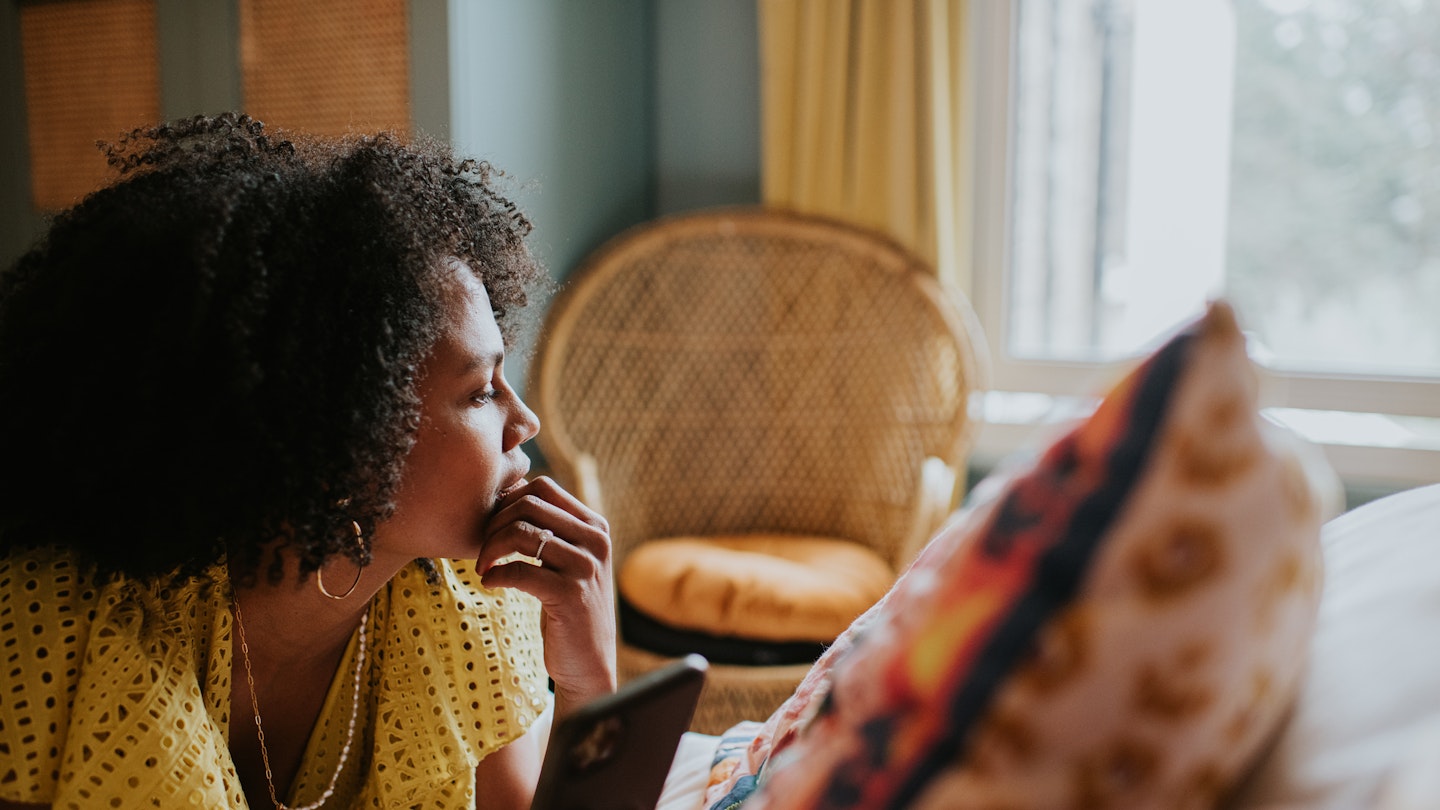‘Have you thought about having one on your own?,’ it’s a question, asked so casually by a friend that you’d think he was enquiring about the weather, that makes the hairs on the back of my neck bristle.
As a 35-year-old woman I have fielded nearly two decades worth of interrogation about children; do I want them? When? With whom? Or are you worried it’s too late? Questions that have come from friends, family, partners, colleagues and people I’ve barely known for five minutes. But, whether I would have them alone is new to the roster, and it comes up with startling regularity.
It’s no big surprise given that the idea of becoming a single mother by choice has been slowly gaining traction over the last decade. Celebrities like Amber Heard and Naomi Campbell have both welcomed children alone, and the Instagram hashtag SoloMumByChoice has nearly 15,000 posts.
Of course, I don’t begrudge any woman who can make that decision, that there is a world in which even some of us can have that choice is better than a world in which none of us can. Furthermore, anything that breaks down the stigma around being a single mother and empowers women to follow their own path can only be a good thing. But my problem with the question is when we start to pretend it’s an option that is available to all, or even available to more than a select few.
Fertility and pregnancy privilege is very real. The cost and process of having a baby can vary significantly, although research has shown that the cost of raising a child to 18 as a single parent amounts to nearly £200,000 vs £160,000 parenting as a couple. And that’s if you can conceive in the first place. The route to becoming a solo mother is not as simple as just deciding you want to do it.
Some may choose to adopt, while those looking at IVF can face a long and expensive process. Single women and same-sex couples are required to have had 12 failed rounds of artificial insemination before being offered the service. What’s more, before they can access insemination on the NHS at least six of those rounds must have been done privately at a cost of between £700-£1000 per try.
When you consider that in 2020 it was revealed that the average Briton has around £6750 in savings, with 9% of people having none at all, you quickly realise that for many having a child alone will never be financially viable. Especially when you consider all the additional costs - from clothes, to cots, to providing a safe and stable home for your child to grow up in.
There is of course the option to buy donor sperm, which is significantly cheaper. However, this is not without risk - informal donors (those who are not accessed through a licensed clinic) are not screened for HIV or hepatitis, they also technically have the right to be recognised as a legal parent.
Despite all the potential hurdles, this has not stopped people regularly bringing up the idea of solo motherhood. One friend even suggested I should move to another city to have a baby alone. It was a throwaway comment but the hoops they were willing to jump through on my behalf felt staggering; to leave behind the place I call home, my friends and my career, all in the name of having a baby. Their desperation on my behalf told me how desperate they thought I should be. There was no thought to the emotional turmoil this might result in for me, or the child, only the thought that a woman without a child is still lacking.
Over the years my tolerance for these questions and comments has ebbed away like the pull of a spring tide, slowly first and then all at once. The status of a single person’s fertility or their desire to have children should no more be dinner party conversation than the speed or effectuality of someone’s sperm. Yet I’ve been asked my thoughts about children across busy tables, been told to ‘hurry up’, that my parents would be disappointed to have no grandchildren, or and that I should change my life in any way I can to make it happen.
But here’s the thing. I have - like many women - already lost years of my life on the will I, won’t I, of motherhood. Or on partners who I thought I might parent with. If I had to put my finger on my biggest regret in life thus far, it would be that. So it’s frustrating, not empowering, to now be asked and implored to think of going it alone - when it would come at such a great personal cost.
Putting my life on hold for a baby that might never arrive and saving every penny I earn for something that is by no means a sure fire thing feels like a waste, maybe not for everyone, but for me. I would far rather find happiness in what my life does have, than waste it’s current potential for something that may never happen. So, next time you think about asking me if I’d have a child alone, think carefully and gently about her circumstances - and whether it’s truly a question of if she would, or more a question of if she ever could.
